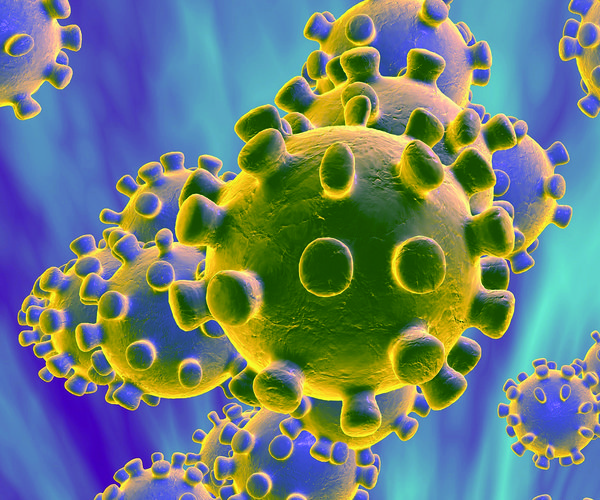By JILL COLVIN, MATTHEW PERRONE and AAMER MADHANI Associated Press
WASHINGTON (AP) — Health and Human Services Secretary Alex Azar said Friday the White House still has confidence in a rapid COVID-19 test it has been using despite new data suggesting the test may return false negatives.
The head of the Food and Drug Administration said Friday his agency has provided new guidance to the White House after data suggested that the test used by President Donald Trump and others every day may be inaccurate and provide false negatives.
The test by Abbott Laboratories is used daily at the White House to test Trump, key members of his staff as well as any visitor to the White House complex who comes in close proximity to the president or Vice President Mike Pence. Azar commented after the FDA said late Thursday it was investigating preliminary data suggesting the 15-minute test can miss COVID-19 cases, falsely clearing infected patients.
"We've got to get to the bottom of it, but we still have confidence in the test or we wouldn't have it on the market," Azar told Fox Business Network.
White House officials on Friday continued using the Abbot ID Now test. Reporters at the White House underwent the test late Friday morning shortly before Trump held a Rose Garden event to address administration efforts to develop a vaccine for the virus.
Azar described the FDA warning as a routine announcement that comes after medical manufacturers submit any type of negative information about their product.
Trump has praised the Abbott test as "highly sophisticated — very quick, very good" and alluded to the tests helping keep him safe.
FDA commissioner Steve Hahn said that if a person is suspected of having the disease caused by the coronavirus, "it might be worth, if the test is negative, getting a second confirmatory test. That's what our guidance is about."
Hahn, asked on CBS on Friday whether he'd continue to recommend using the test at the White House, said, "That will be a White House decision." But he said the test is on the market and the FDA continues to "recommend its use or to have it available for use."
Federal health officials have been alerting doctors to the potential inaccuracy in the test, which is used at thousands of hospitals, clinics and testing sites across the United States.
The FDA warning came a day after researchers at New York University reported results suggesting Abbott's test can miss up to half the infections caught by a rival test made by Cepheid. The research has not been peer-reviewed or published in a medical journal and was based on about 100 patients.
The researchers found that Abbott's test, run on the company's portable ID NOW system, missed one-third of the infections caught by Cepheid's test when swabs were stored in liquid used to transport laboratory samples. When the samples were kept dry the test missed 48% of the cases flagged by Cepheid's test.
The researchers called the test's performance "unacceptable," due to the risk of falsely clearing patients who could spread the infection to others. They acknowledged shortcomings of the study, including the time needed to transport patient samples to the device for processing.
Abbott rejected the findings, saying the researchers used the test "in ways that it was not designed to be used."
"ID NOW is intended to be used near the patient with a direct swab test method," the company said in a statement.
The company pointed to other independent study results that found the test accurately detected 90% or more infections.
Last month Abbott changed the instructions for its test to explicitly warn against putting patient samples in transport chemicals. The update came after researchers at the Cleveland Clinic reported a 15% false negative rate for samples stored in the chemicals.
The FDA said it was reviewing the data with Abbott and was working on a letter to health care providers about potential accuracy issues. The agency said physicians may need to confirm the results of a negative Abbott test if patients have symptoms of the virus. Regulators said they are requiring Abbott to conduct follow-up studies on the test's accuracy.





